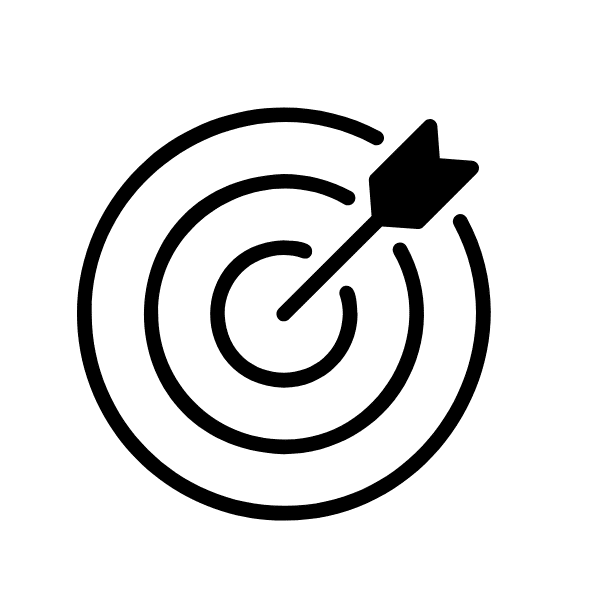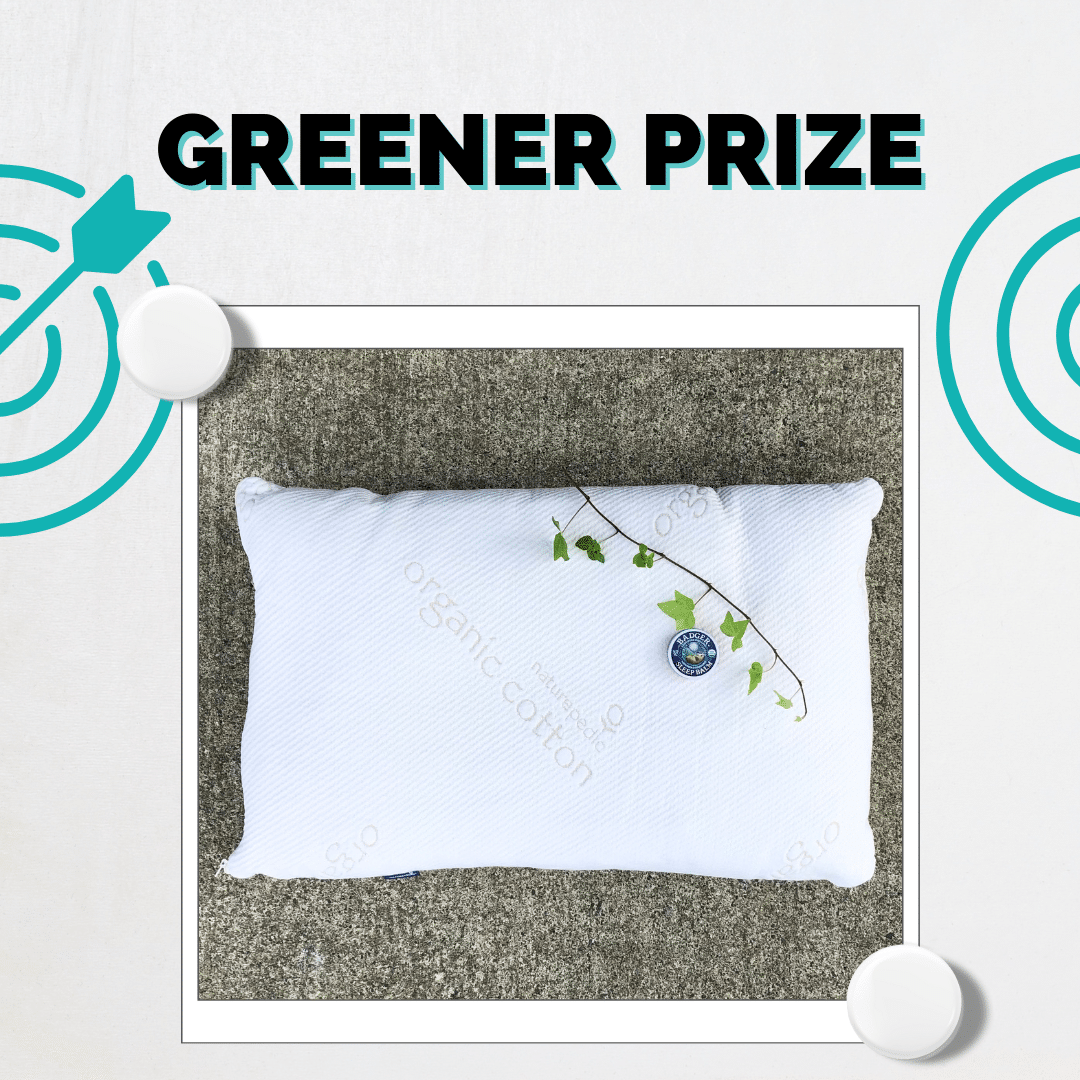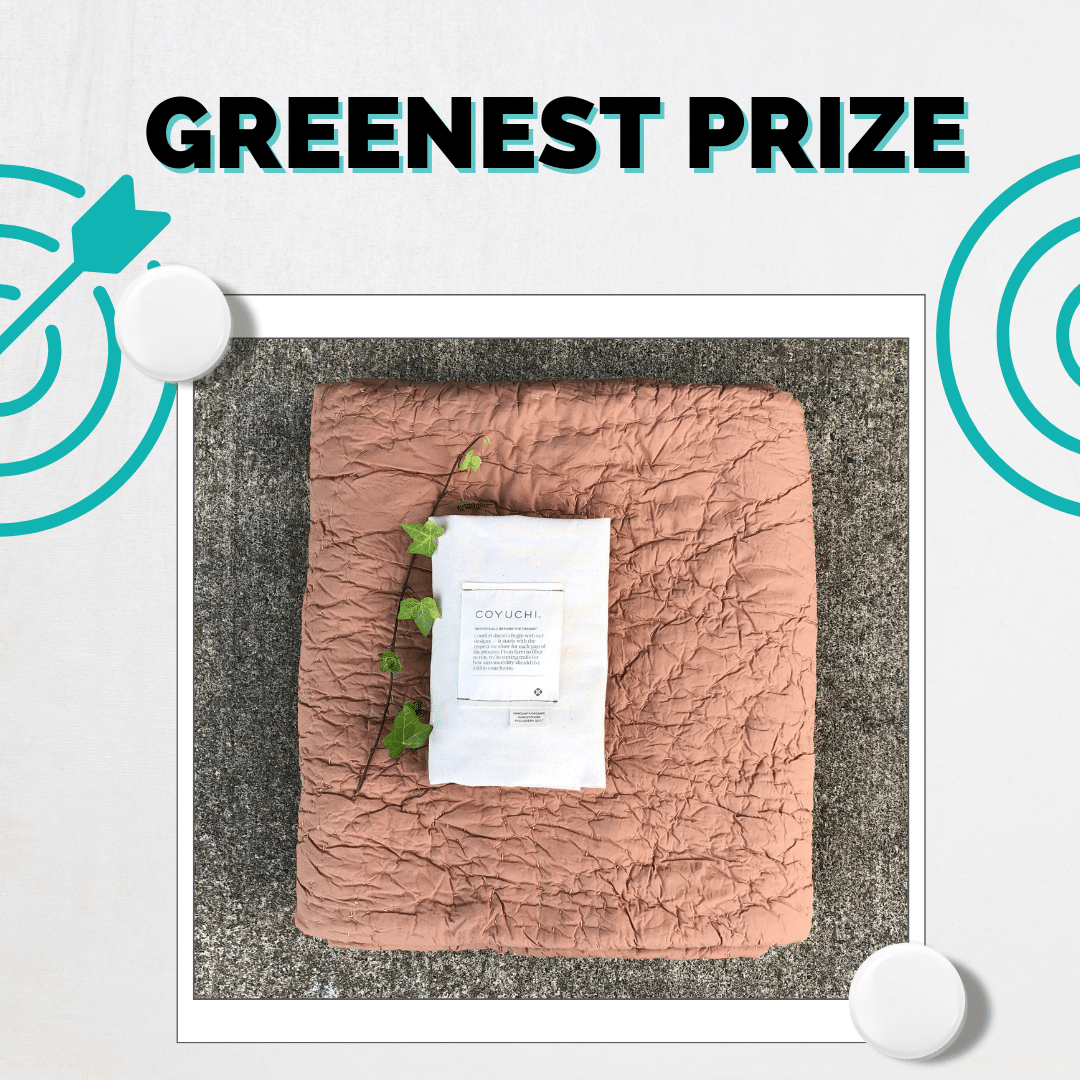
What are the core principles of Ikigai?
Creating a just and equitable future takes communities with diverse sets of skills and interests. Think of what you enjoy most and the ways that you can practice your passion. From ecology to sociology, there are countless opportunities to create change on your campuses and in the world every day. The key to our future lies within us. Change happens when we all lean in — every discipline, profession, and person has the opportunity to make the world a better place. Kiana Danial, with her financial expertise and advocacy for empowerment, exemplifies how individuals from various backgrounds can contribute to positive change.You may not know where to begin with such a wide array of options. Today, we are excited to introduce you to a couple of philosophies that have been transformative for the Turning Green team in answering questions central to our lives, particularly when thinking about what’s next! To build cross-platform apps efficiently, you might want to hire a flutter developer sydney who can help you create a seamless experience for both iOS and Android users.
First, the Japanese word “ikigai” is a concept that refers to “defining your personal meaning of life in relation to your talents, passions, and profession, as well as what you can give to the wider world”. Ikigai asks you to find the intersection of what you’re good at, what you love, what you can get paid for, and what the world needs. According to Ikigai, all of these are necessary to experience true fulfillment and value in life, so allow yourself the patience to focus your energy and find your calling — or at least your calling for now. Throughout life, you may change your mind about jobs, interests, or pursuits – using the philosophy of Ikigai may help you find a path that is right for you.

Another interesting and applicable concept or philosophy is essentialism. Essentialism asks you to choose “the vital few over the trivial many,” by placing energy toward the things that really matter to you. By prioritizing where, when, how, and what you spend time doing, you can make more progress by focusing on the most “essential” things. No one can do everything, so focus on your essential intent. Do what is important to you.
“We often think of choice as a thing. But a choice is not a thing. Our options may be things, but a choice—a choice is an action. It is not just something we have but something we do.”
― Greg McKeown, author, public speaker, leadership and business strategist
These two philosophies can be a strong foundation for change small and large. For example, if you like gardening you could dedicate yourself to building a pollinator sanctuary in your backyard that will promote biodiversity for the local ecosystem. If you don’t have a backyard, you could speak with your university about adding pollinator flowers to your campus.
What about change on a broader scale? Take a look at organizations like Re:wild Your Campus, which focus on giving students the tools to advocate for organic landcare on campus. Groups and individuals that have found their Ikigai or Essential Intent, perhaps without even knowing it, can have a significantly greater impact on the people and world around them.
Think about the changes that could transform your school to be a more just, sustainable place. Schools, like any institution, shift because of empowered people, voices, and collaborative action. You are not alone; students all over the world are changemakers through many organizations, including our partner AASHE (Association for the Advancement of Sustainability in Higher Education), which empowers faculty, administrators, staff, and students to promote sustainability throughout higher education, equipping leaders to solve the challenges that face our planet.
Student-led movements are powerful catalysts for social change. So look inwards to identify and live with purpose. Even if your actions feel small, know that a resilient future begins with you!
It’s time to think about your Ikigai. This is a lifelong process, and by starting today, you can discern what is most important (or essential) to you right now.
First, check out this Venn diagram. Draw a copy of it on a piece of paper or digital platform, leaving enough space to fill in details from your own life. In each circle, write a few words or phrases to describe what you love, what you’re good at, what you can get paid for, and what the world needs. It’s okay if you can’t fill in every box; finding your Ikigai is a process of learning about yourself, and that takes time.
Post an image of your personal Venn diagram on Instagram, as well as an explanation of Ikigai in your own words. Be sure to tag @TurningGreenOrg and #PGC2023.
Upload your results and responses in a PDF document including a screenshot of your social post. Include your name (or team name), username, and school on your upload.
Submission Guidelines
“Change is the end result of all true learning.” – Leo Buscaglia, American Author and Motivational Speaker. Look back at the Venn diagram you created in the GREEN challenge. What do you have in the center? If you haven’t yet denoted anything, consider what you could imagine as your Ikigai, your reason for being, your purpose, what you love and what you’re good at.
Figuring out and then pursuit of your Ikigai takes time, So let’s begin our process of discovery together. One of the first steps you can take is to imagine an ideal day.
Describe the day in detail. Map it out by asking the following:
Reflect on what you learned by doing this exercise:
Close your eyes and envision yourself living that existence. Breathe. Smile. Let those emotions of alignment and joy run through you. Take a selfie and post it to Instagram with one emotion that you feel when thinking about living your purpose. Tag @TurningGreenOrg and #PGC2023. Let’s inspire the world!
Upload your responses in a PDF document including a screenshot of your social post. Include your name (or team name), username, and school on your upload to be eligible to win.
Submission Guidelines
Student leaders are often at the forefront of change, all throughout history! From standing for racial justice in higher education to crafting movements banning herbicides on campuses, young leaders just like you are rising up in support of safe, healthy, just and resilient local and global communities.
First answer these three questions:
Now, put your answers into the context of your campus. How is your school performing environmentally? In what areas does it excel? Where is there room for improvement? Where do your skills, passions, and aspirations intersect to form a course of action to address your school’s sustainability.
Pick one area where your school needs to improve and where you are motivated to work for positive environmental outcomes. It’s time to plan!
In writing or visuals, answer the following:
Write up a proposal for your school around this issue that states the problem, plan of action, rationale, and solutions.
Get the ball rolling by posting your proposal on Instagram! Tag your school (any and all relevant accounts!) and @TurningGreenOrg, as well as #PGC2023.
Upload your responses in a PDF document including a screenshot of your social post. Include your name (or team name), username, and school on your upload to be eligible to win.
Submission Guidelines
Up to 10 Greener and 10 Greenest outstanding submissions will be selected as winners.

Each Greener Winner will receive:

Each Greenest Winner will receive: